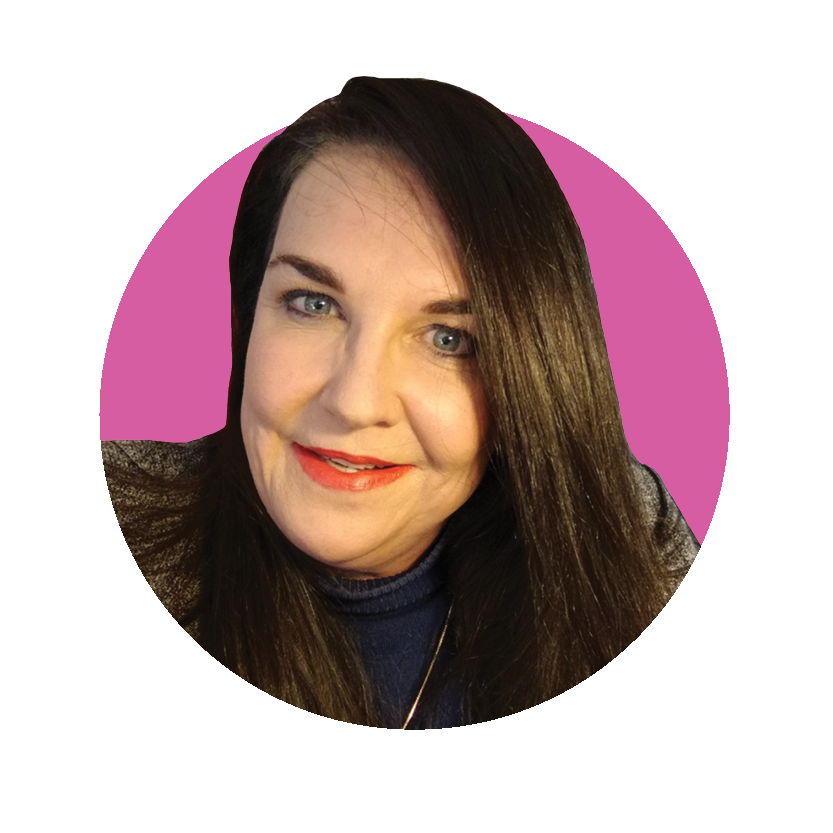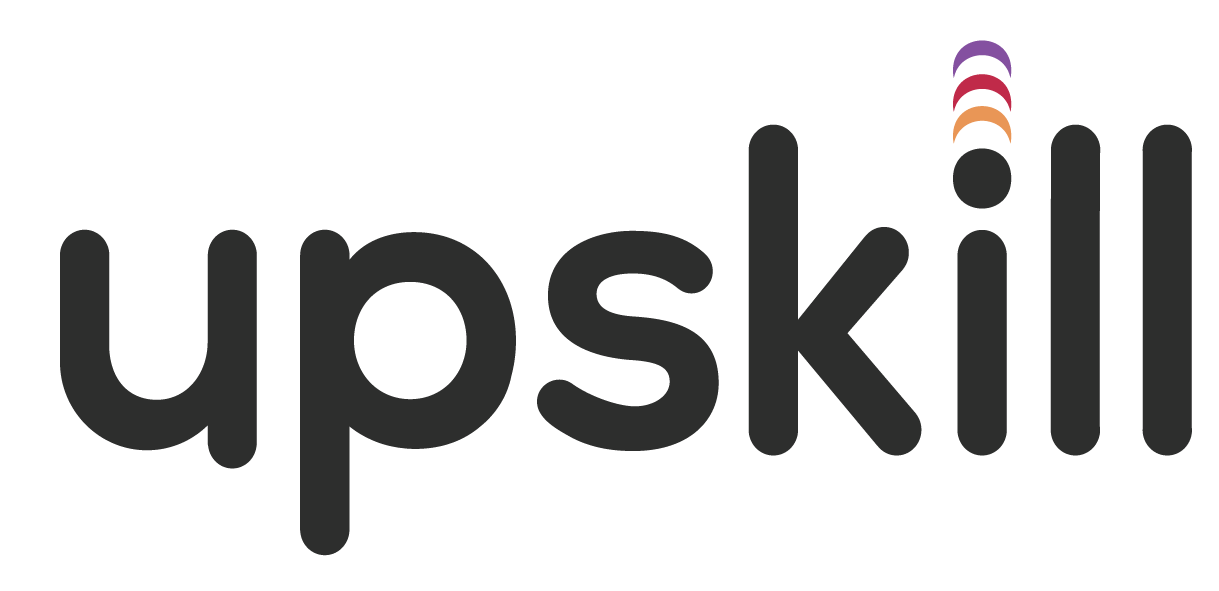We are in Pride month. A celebration of diversity, but also about the tenacity of the human spirit. Pride month commemorates years of struggle for civil rights and the ongoing pursuit of equal justice in all spheres in the lives of members of the lesbian, gay, bisexual, transgender, intersexed, queer/questioning and asexual community, as well as the accomplishments of LGBTIQA+ community.
You might ask, “why should Pride month matter to me?” I am a fifty-seven-year-old heterosexual and cisgender woman and Pride matters to me because I deeply value the autonomy and dignity of persons. I believe when we “other” and dehumanize persons, we ourselves become less human and by implication less humane in our interaction. We then risk disregarding, harming, and wounding the souls (and sometimes even the bodies) of people. Often, when one looks at the still present and continuous injustice faced by LGBTIQA+ persons, it can overwhelm us and leave us despondent, which brought me to the question: what can I do about this? My answer: be a freaking awesome authentic ally.
Let’s start by clarifying some of the terms used when engaging with LGBTIQA+ community.
‘LGBTIQA+’ is an evolving and inclusive acronym widely used, however not the only term as there are many other terms that people use to describe their experiences of their gender, sexuality and physiological sex characteristics. For example, some people identify as non-binary or pangender.
An ally is someone who has privilege, but chooses to stand for, and with, marginalized communities by taking concrete, ongoing actions to dismantle systems of oppression. Thus, an ally is someone who actively tries to make the world a better place for LGBTQIA+ people.
We all need to play our part in creating inclusive environments, in which all voices matter and are uplifted, especially for members of marginalised communities. It is not enough to just say we are an LGBTIQA+ ally; we have to live it..
So how do we do it? We can begin by acknowledging and celebrating that people have diverse experiences of their sexuality and gender. We may not understand these experiences personally at first, it is important to realize that our lived experience is not the only valid one. We can be aware and mindful of different lived experiences, that we need to honour and support. However, this does not mean that we speak on behalf of LGBTIQA+ people, or any other marginalised community for that matter. Rather, to be a good ally, one must listen to LGBTQIA+ people and create space for them to share. We should not be talking about LGBTIQA+ people, but talking with them. Get to know what their challenges are and how marginalised persons would like to be supported.
It is further important to understand the history of, and current events that impact, marginalised communities. Take it upon yourself to learn about LGBTIQA+ history, terminology, and the struggles that the community still face today. Struggles that you and I might not have, which indicates our privilege. Understanding our own privileges can help us empathise with marginalised or oppressed groups.
Privilege has many forms including, but not limited to: race, socio-economic class, education, being cis-gendered, able-bodied and straight. Be cognisant of the different intersections of diversity and that every person has their unique, yet collective experiences.
Many emotional and relational injuries are the result of assumptions. We need to check our own assumptions and ensure that it does not feature in our language i.e., assuming pronouns, family structures, relationship status or even in something as “innocent” as how we address a group of people. Language matters. We need to be mindful to use inclusive language in all our conversations by using gender neutral terms. We can show our support and regard by being attentive to the terms, names and pronouns that people use to describe themselves, and follow suit. And when in doubt of how a person would like to be addressed, ask them respectfully.
Being an ally means that we need to be real with ourselves first by challenging any implicit or explicit bias, stereotypes, and assumptions we might have. Let a self-reflexive consciousness be at our side when we get it wrong. Then, take a step back, apologise, and ask for guidance. We will often have much to learn from those who are different to ourselves.
I believe that one of our most crucial endeavours as an ally must be to create space for LGBTIQA+ members to show up and participate as their authentic selves without fear of being judged or prescribed to. To journey together in humanity, appreciation, care and dignity. So go on, be an awesome and trustworthy ally this June and all the days and months hereafter.
You might ask, “why should Pride month matter to me?” I am a fifty-seven-year-old heterosexual and cisgender woman and Pride matters to me because I deeply value the autonomy and dignity of persons. I believe when we “other” and dehumanize persons, we ourselves become less human and by implication less humane in our interaction. We then risk disregarding, harming, and wounding the souls (and sometimes even the bodies) of people. Often, when one looks at the still present and continuous injustice faced by LGBTIQA+ persons, it can overwhelm us and leave us despondent, which brought me to the question: what can I do about this? My answer: be a freaking awesome authentic ally.
Let’s start by clarifying some of the terms used when engaging with LGBTIQA+ community.
‘LGBTIQA+’ is an evolving and inclusive acronym widely used, however not the only term as there are many other terms that people use to describe their experiences of their gender, sexuality and physiological sex characteristics. For example, some people identify as non-binary or pangender.
An ally is someone who has privilege, but chooses to stand for, and with, marginalized communities by taking concrete, ongoing actions to dismantle systems of oppression. Thus, an ally is someone who actively tries to make the world a better place for LGBTQIA+ people.
We all need to play our part in creating inclusive environments, in which all voices matter and are uplifted, especially for members of marginalised communities. It is not enough to just say we are an LGBTIQA+ ally; we have to live it..
So how do we do it? We can begin by acknowledging and celebrating that people have diverse experiences of their sexuality and gender. We may not understand these experiences personally at first, it is important to realize that our lived experience is not the only valid one. We can be aware and mindful of different lived experiences, that we need to honour and support. However, this does not mean that we speak on behalf of LGBTIQA+ people, or any other marginalised community for that matter. Rather, to be a good ally, one must listen to LGBTQIA+ people and create space for them to share. We should not be talking about LGBTIQA+ people, but talking with them. Get to know what their challenges are and how marginalised persons would like to be supported.
It is further important to understand the history of, and current events that impact, marginalised communities. Take it upon yourself to learn about LGBTIQA+ history, terminology, and the struggles that the community still face today. Struggles that you and I might not have, which indicates our privilege. Understanding our own privileges can help us empathise with marginalised or oppressed groups.
Privilege has many forms including, but not limited to: race, socio-economic class, education, being cis-gendered, able-bodied and straight. Be cognisant of the different intersections of diversity and that every person has their unique, yet collective experiences.
Many emotional and relational injuries are the result of assumptions. We need to check our own assumptions and ensure that it does not feature in our language i.e., assuming pronouns, family structures, relationship status or even in something as “innocent” as how we address a group of people. Language matters. We need to be mindful to use inclusive language in all our conversations by using gender neutral terms. We can show our support and regard by being attentive to the terms, names and pronouns that people use to describe themselves, and follow suit. And when in doubt of how a person would like to be addressed, ask them respectfully.
Being an ally means that we need to be real with ourselves first by challenging any implicit or explicit bias, stereotypes, and assumptions we might have. Let a self-reflexive consciousness be at our side when we get it wrong. Then, take a step back, apologise, and ask for guidance. We will often have much to learn from those who are different to ourselves.
I believe that one of our most crucial endeavours as an ally must be to create space for LGBTIQA+ members to show up and participate as their authentic selves without fear of being judged or prescribed to. To journey together in humanity, appreciation, care and dignity. So go on, be an awesome and trustworthy ally this June and all the days and months hereafter.
|There’s no better time than now to be who you are

Meet the author
Dr Nicki Spies
Dr Nicki Spies is a published author, counsellor, trainer, facilitator and business coach. She is in private practice since 2006. In her work with teams and individuals her focus is on neuro-leadership. She believes that the way people relate to one another is of great importance. “Interaction is at the core of all our relationships, with ourselves and others. Business happens in relationships.” As a qualified NBI® practitioner she is able to help you understand what your thinking preferences are and how that influence your business activities and relationships. Nicki’s approach towards coaching webinars and in person training or coaching is informal yet structured, framed by an interactive and participatory style.
